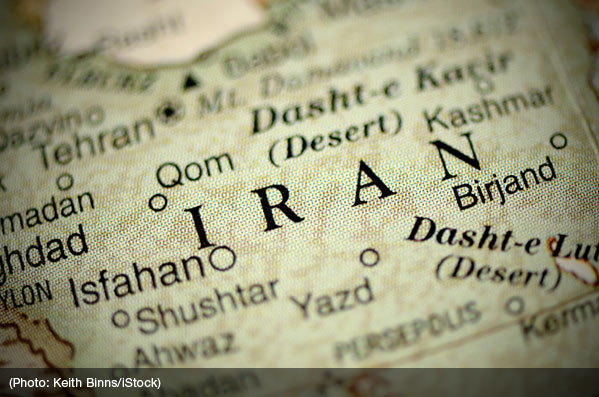
The American attitude toward the new Iranian nuclear suggestions will not be any different from the European position, expressed by Javier Solana, European Union high representative for the Common Foreign and Security Policy. This coordinated American-European attitude depends on studying and discussing the raised propositions with Iranian officials. And Iran, for its part, has expressed its willingness to handle any reservations or obscurities before forwarding the suggestions to the E.U. G-6 (the five permanent members, plus Germany).
In this way, Washington and its European allies may not be able to impose any more sanctions on Iran because there is still a chance of new Iranian suggestions. This discussion will certainly take time, perhaps some weeks or even months.
This implies how the new Iranian propositions can be the lifeline for all parties. Indeed, all parties were at an impasse after the past G8 summit made September the deadline to receive Iran’s “positive” response to Obama’s call. Iran, which will fully detail its propositions after roughly two weeks, said it accepts dialogue. This can be considered a “satisfactory” reply by Obama’s administration, yet an indirect one. Note that the American administration directly approached the Iranians via two messages sent to Supreme Leader of Iran Ayatollah Ali Khamenei.
Also, Dr. Muhammad El Baradie’s report alleviates the situation even more. The report did not accuse Iran of developing a military nuclear program, which is the accusation that Washington and European countries have always harped on. El Baradie himself declared, after submitting the report, that such accusations are “exaggerated” even if Iranians lack transparency with respect to this volatile file and their “suspicious” future intentions. Accordingly, this will not give the American administration the pretext to persuade Russia and China to intensify sanctions on Iran.
We expect more American and European discussion on the Iranian nuclear issue. Iranians themselves say they are ready to discuss this bundle of suggestions, which will most likely be another draft of the same old ones. However, they still reject the American and European calls upon Iran to cease the enrichment of Uranium.
The American-Iranian dialogues are to handle a comprehensive Iranian agenda that includes, in addition to the Iranian nuclear row, a number of regional issues such as Iraq, Afghanistan, Palestine, Lebanon and the Gulf region. In other words, the Iranian attitude will demand an American and European recognition of Iran’s special regional role and the “veto” it can use in some regional matters. However, Americans and Europeans want to settle the Iranian nuclear row before discussing Iran’s regional role. This indicates that the both sides do not have the same priorities for the issues.
Although these potential dialogues will be the topic of the hour, sanction talks will remain. From the American and European point of view, these sanction talks pressure Iran to show more moderation when involved in future dialogues. That is to say that Obama, who will now extend the hand of dialogue to Iran, can also wave sanctions with the other one!

Leave a Reply
You must be logged in to post a comment.